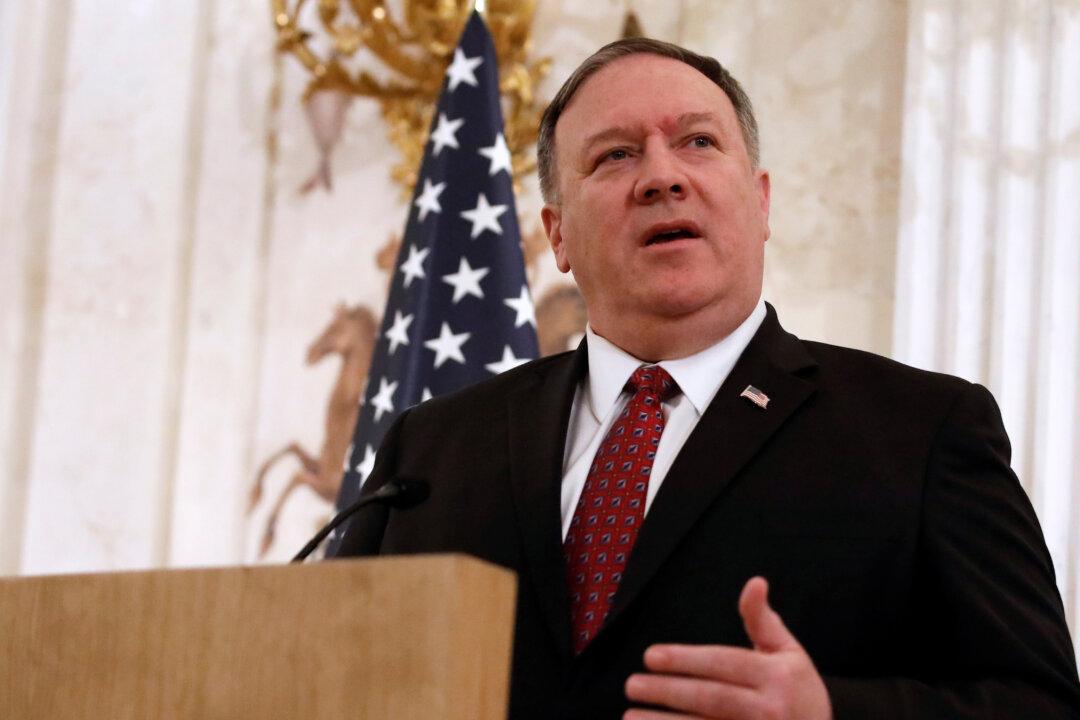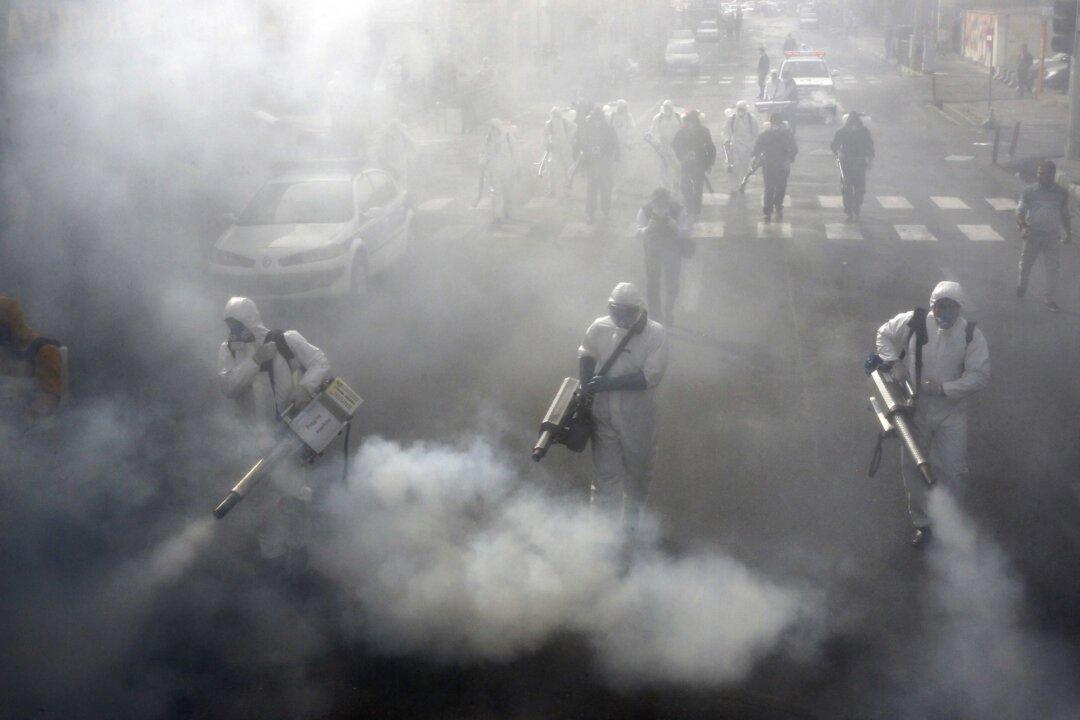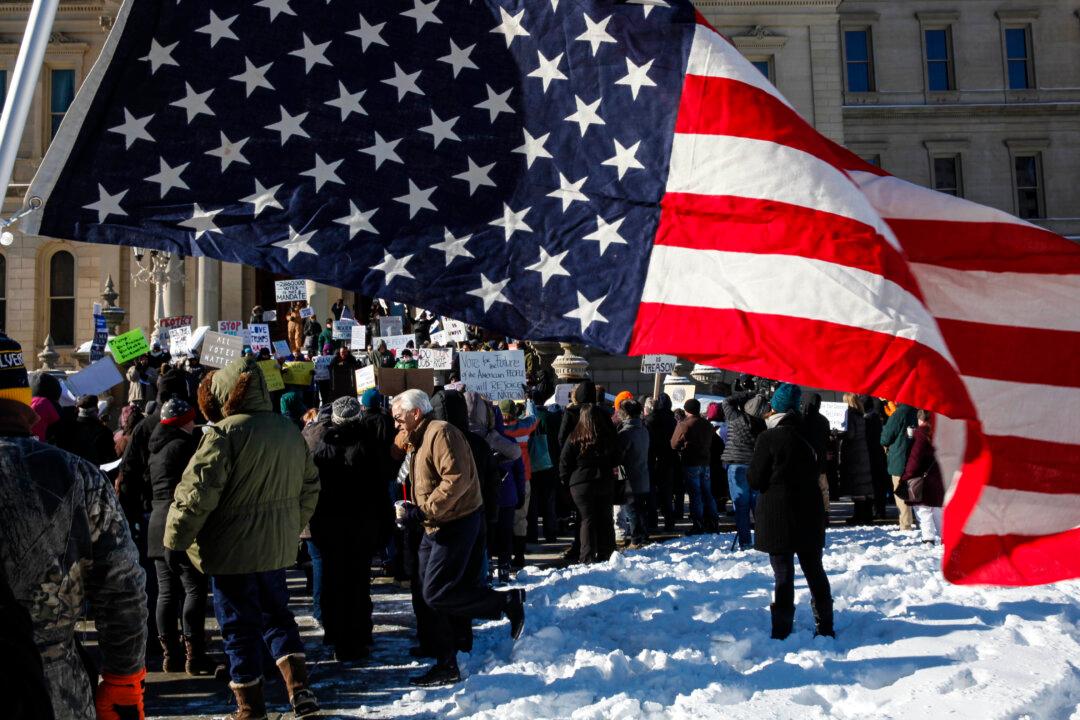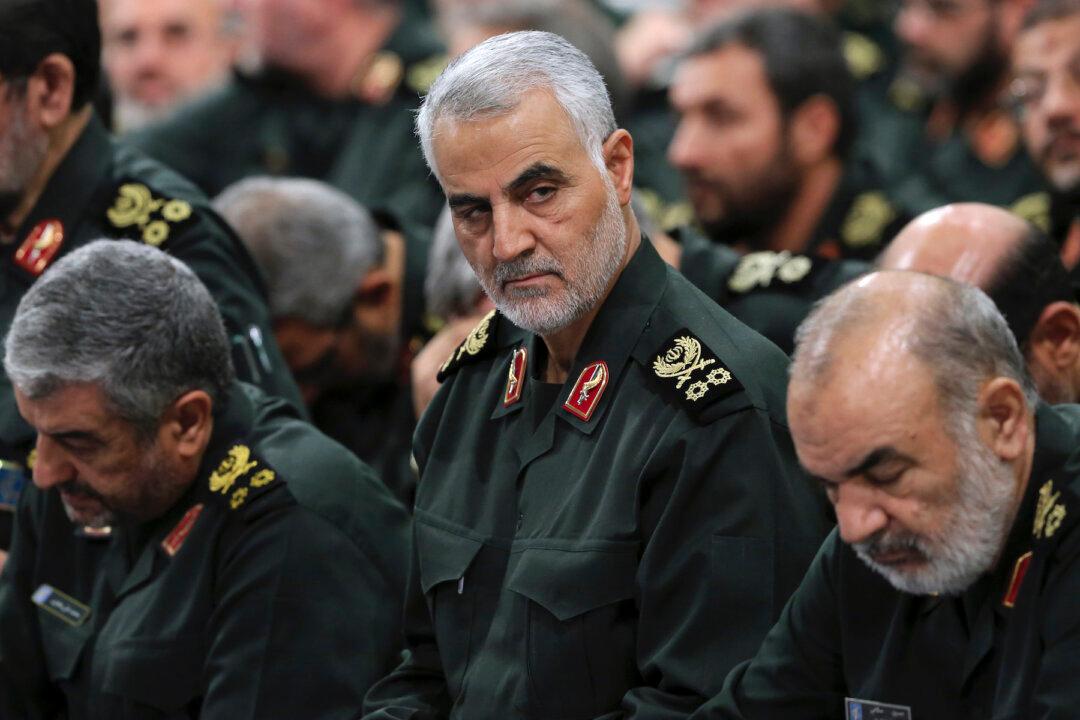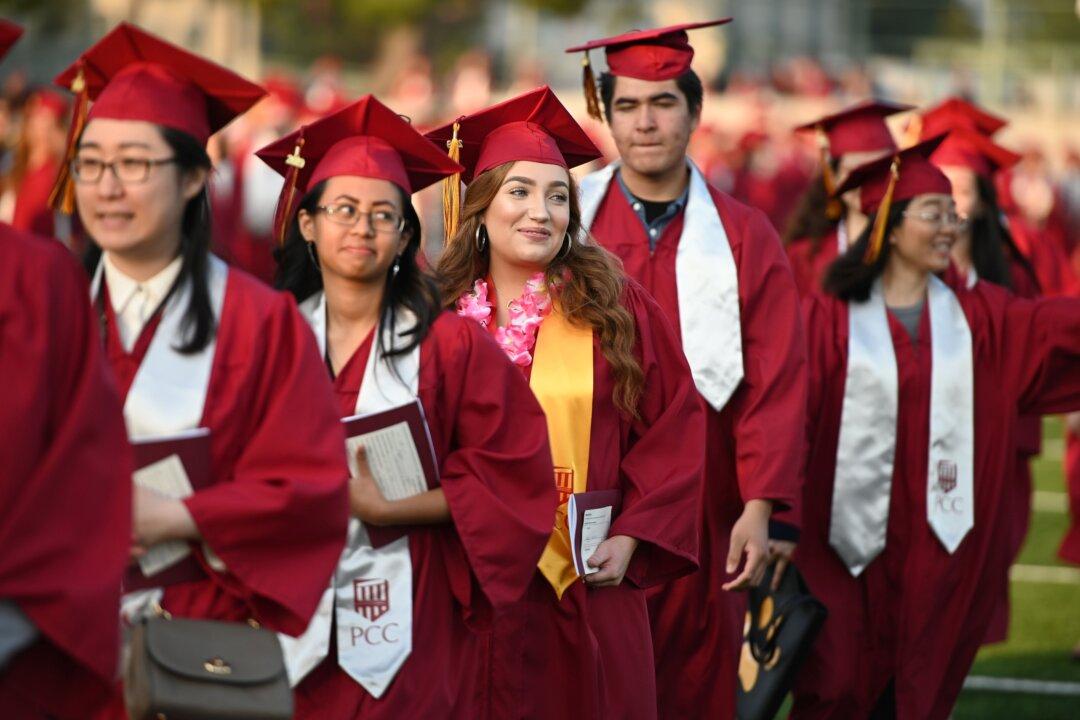Commentary
President Donald Trump understands that border security is of utmost importance to our nation. He also voiced concern about various types of unconstrained immigration, which are exploited by birthright citizenship. This touched off a firestorm of liberal opposition by proponents of birthright citizenship.
